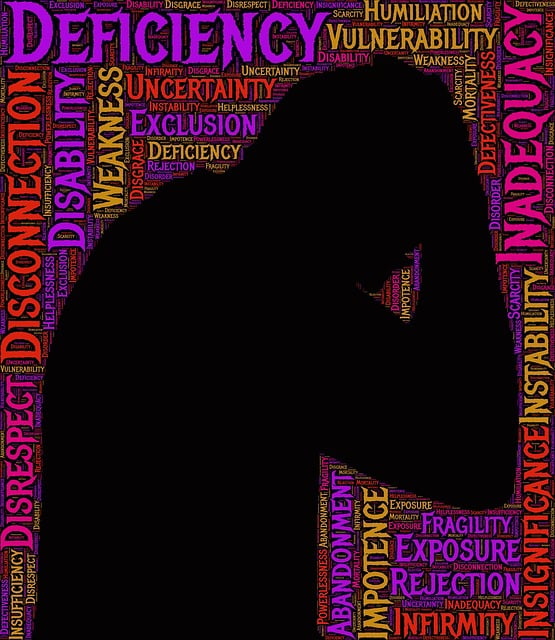A podcast series focusing on mental wellness for teens dealing with divorce offers crucial therapy by addressing unique challenges in identity formation, emotional regulation and new family dynamics. Through expert interviews, peer stories, and discussions on emotional intelligence, the show provides resilience-building, grief processing, and coping strategies tailored to their experiences, normalizing feelings and encouraging teens to prioritize their mental health during this transformative period. Target keyword: Therapy for Adolescent Teens Divorce.
“Unveiling the power of mental wellness podcasts, especially tailored for adolescent teens navigating parental divorce, this series delves into their unique challenges. By understanding the target demographic—a vulnerable age group facing life-altering changes—we craft content that resonates. We explore emotional coping mechanisms, building resilience, and navigating social dynamics through expert insights from therapists, psychologists, and divorce professionals. This guide offers practical production tips for an engaging podcast series, ensuring high-quality audio and active listener engagement.”
- Understanding Your Audience: Teens and Divorce
- – Identifying the target demographic: Adolescent teens facing parental divorce.
- – Exploring their unique challenges and needs in a vulnerable age group.
Understanding Your Audience: Teens and Divorce

Understanding your audience is a crucial step in creating any podcast series, especially when tackling sensitive topics like divorce and its impact on teens. When it comes to mental wellness, adolescents experiencing familial separation or divorce require tailored support. This demographic often faces unique challenges related to identity formation, emotional regulation, and navigating new family dynamics.
By designing a podcast series focused on this audience, creators can offer valuable mental health education programs and compassion cultivation practices. Topics such as building resilience, processing grief, and developing coping strategies can be explored through engaging interviews with therapists specializing in adolescent mental health or storytelling from peers who have successfully navigated similar situations. Incorporating emotional intelligence discussions can further empower teens to understand and manage their emotions during and after divorce.
– Identifying the target demographic: Adolescent teens facing parental divorce.

Divorce can be a profoundly stressful event for families, especially impacting adolescent teens who are navigating their own unique challenges. When producing a podcast series focused on mental wellness for this demographic, it’s essential to understand their specific needs and struggles. Adolescent teens facing parental divorce often grapple with feelings of confusion, loss, anxiety, and a shift in their sense of security. They may struggle to cope with the changing dynamics at home and school, making therapy and mental health education programs designed specifically for this age group crucial.
The podcast series should aim to provide both coping skills development and anxiety relief strategies tailored to teens’ experiences. By offering relatable content, guests who are experts in teen psychology, and practical advice on managing emotions, the show can serve as a valuable resource for adolescents seeking support during such a transformative period. Incorporating real-life stories and open discussions can help normalize their feelings, encouraging teens to seek help and prioritize their mental health.
– Exploring their unique challenges and needs in a vulnerable age group.

Adolescence is a vulnerable period marked by profound emotional shifts and unique challenges. Teens often grapple with issues related to identity formation, peer pressure, academic demands, and navigating their family dynamics. For those going through or recovering from divorce, these stressors can be magnified. Therapy for adolescent teens becomes essential in addressing the specific needs of this age group. It provides a safe space for them to express their feelings, process complex emotions tied to divorce, and develop healthy coping mechanisms.
The podcast series on mental wellness can play a pivotal role in reaching out to this demographic. By incorporating themes related to community outreach program implementation, anxiety relief, and conflict resolution techniques tailored for teens, these podcasts offer valuable guidance. They encourage open conversations about divorce’s impact and provide practical tools to help young individuals manage stress, improve communication skills, and build resilience, fostering a supportive environment for their mental wellness journey.
Producing a mental wellness podcast series focused on “Therapy for Adolescent Teens Divorce” requires a deep understanding of its target audience—adolescent teens navigating this challenging life transition. By delving into their unique experiences and needs, we can create content that resonates with them, offering valuable insights and support during this vulnerable period. This series aims to foster open conversations about divorce and mental health, ultimately encouraging teens to seek the help they deserve.














